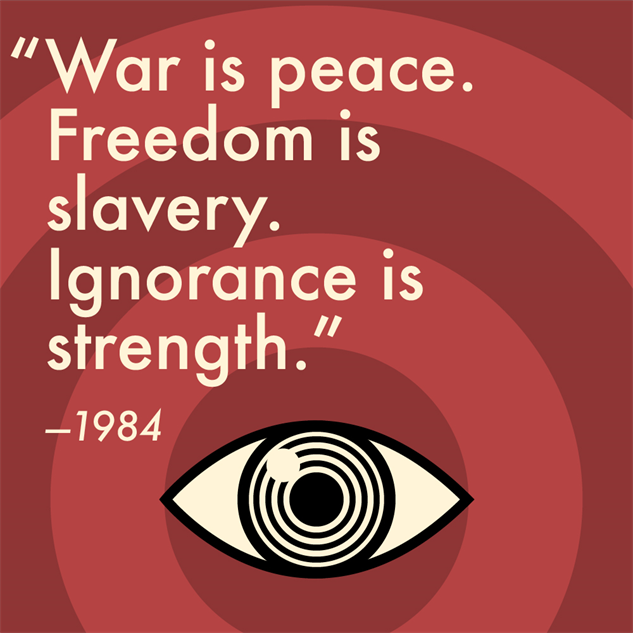I must admit, I'm in a little bit of a quandary. Over the years, I've sensed that something was missing in the way I was "doing Church." I struggled with the question, "is this sense that something is askew, me, or is it the Church?"

Now, I've been "out of the Church" for over three years, and have wrestled with this question like Jacob wrestled with God, and like Jacob, I think I'm beginning to overcome (understand more clearly). Since I'm a slow learner, it takes me a while to "get things," you know, before they really sink in and make sense.
This little bit of background information about my journey will be helpful to know so you can understand my story. I had come to be a follower of Christ as a teenager. Started my spiritual journey in the Charismatic Church and from the Charismatic Churches, I found my way into a Fundamentalist Independent Baptist Church where I stayed for ten years.
From the Baptist Church, I journeyed into meeting with believers in house Churches, from house Churches I found myself in an Evangelical Free Church, where I stayed for over twenty years.
I thought that this background needed to be shared, lest you think that I have a bone to grind with organized Church. For the record, I LOVE the Church of God, now when I say "the Church of God," it needs to be noted, I don't mean organized religion; but the people of God, the body of Christ that Jesus died for and redeemed.

So, its time to get back to the "quandary," what was askew? what was missing? was it me or the Church that had the problem? Well, let me defer to one of the most influential evangelicals in North America, J. I. Packer, when he noted, "Christianity in North America is 3,000 miles wide and a half inch deep." Oh, there it was! and it was the deep part that really got me.
Let me digress one more time, I can remember driving home from Church one Sunday afternoon and looking over at my wife and saying "I can't do Church anymore," that is what it felt like for so many years, just "doing Church," there was no "deep" anymore.
The feeling reminded me of my younger days when I was brought to the Roman Catholic Church by my father, it was all duty, it was what good Catholics did, you simply went to Church every Sunday. Going to Church was what God expected from you, it was what God wanted, and certainly what the local Parish expected.
So to answer my question, was it me or the Church? I've come to the conclusion that it was not me, but the Church. The Church can become so program centered, so organizational that it stops being the living, breathing, organism that God called Her to be. Unless the Church becomes intentional about not becoming an organization, it will drift towards that end.

I see in many Churches where there has been a "wake up call," God, through new leadership has been calling local Churches to become more intentional about "community" and promoting real spiritual growth. There is a paradigm shift that is using a new score card to judge spiritual growth--- a score card that is moving away from judging spiritual growth by how involved you are in the Church---to judging spiritual growth by how many believers are disciplining others, or looking for an increase of fathers in the Church leading their own families in worship of God.

A new, more balanced score card, that asks, "are there more healthy marriages in the Church?" a score card that goes "deeper" than just how involved you are in the Church's' programs, or how much time and money you give to the organization, oops I mean the Church. The score card that is currently being used has become so unbalance, and even dangerous.
The goal of the Christian life is as the great Apostle Paul noted, that we may know Christ. To know Christ and fellowship with other believers in worship of our King. To break bread together, to see others come to the waters of baptism as new followers of Christ proclaim Him as Lord and savior.
.
To God be all praise, glory, and honor



